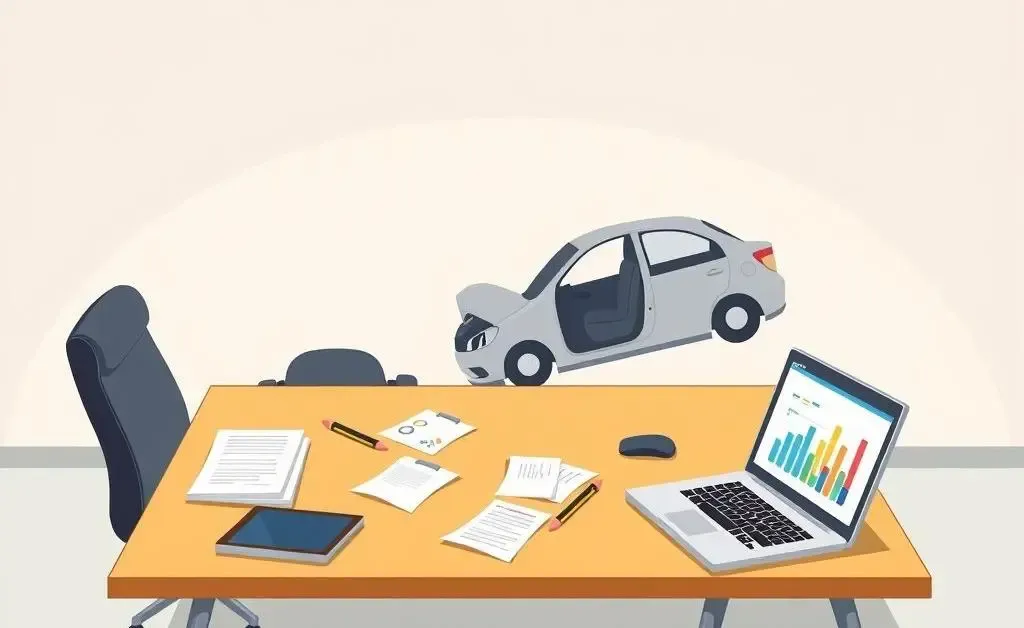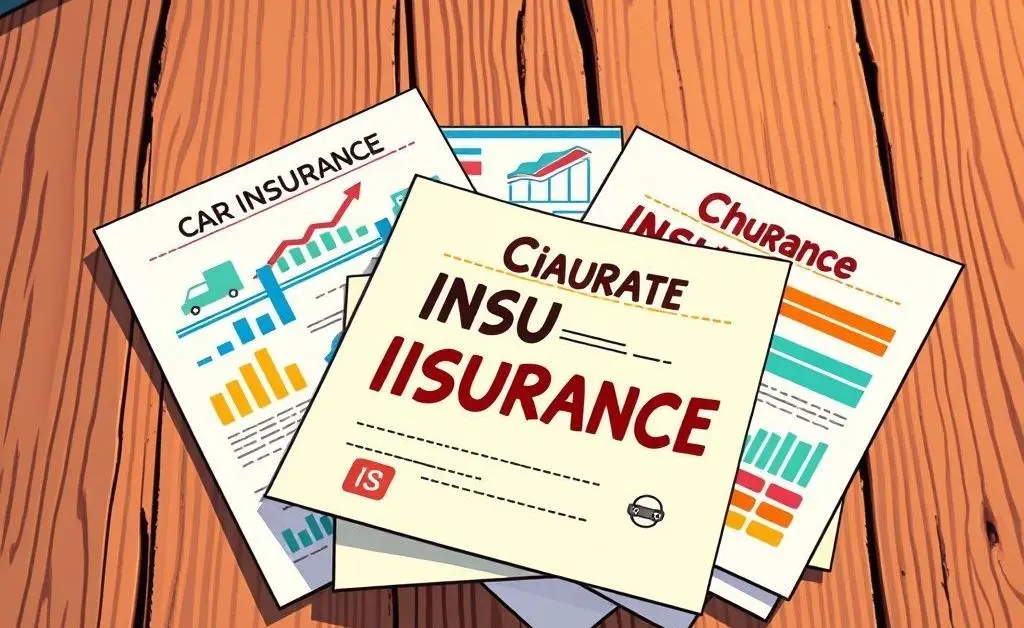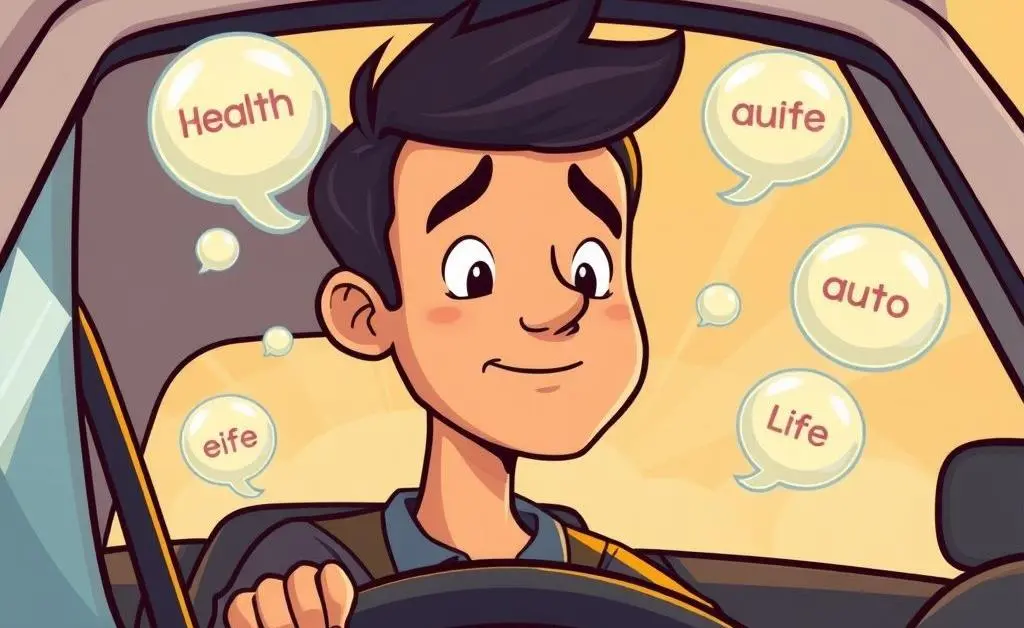Navigating Car Insurance: What You Need to Declare About Past Accidents
Learn what past accidents to declare when switching car insurance to stay transparent and covered.

Ever wondered what happens to your car insurance when you switch providers after an accident? Well, you're not alone. Whether you’re a seasoned driver or new behind the wheel, deciphering the maze of car insurance can be tricky, especially when it comes to past accidents.
Why Transparency Matters
It might be tempting to gloss over previous accidents when hunting for a better car insurance deal, but transparency is key. Declaring past incidents can actually save you trouble down the line—think of it as a shiny badge of truth!
What Exactly Needs Declaring?
Here's where most people get stuck. So, what should you declare? Here’s a handy checklist:
- Any accidents you were involved in over the past five years.
- Claims filed even if you weren't at fault.
- Details of repairs paid out by insurers.
- Driving convictions or pending prosecutions.
It's not just about the big crashes, either. Little fender-benders where insurance companies were notified need mentioning too!
Consider this: My friend Jane switched insurance providers last year. She thought the small bump in her driveway wasn't worth noting. Fast forward to her trying to renew her policy, the bump resurfaced, almost doubling her premium. Ouch!

The Upsides of Full Disclosure
Although it might sound like you're setting yourself up for a higher premium, honesty pays off. Insurers appreciate the transparency, and it can often work in your favor when claims are quicker to settle—no lingering doubts!

Plus, some companies offer no-claims discounts and other perks when you are truthful about your driving history.
How to Handle Previous Accidents
What if you’ve had a few accidents? Don’t fret. Here are steps to ensure you stay on track:
- Have detailed records of each accident, including dates and outcomes.
- Communicate openly with your potential new insurance provider.
- Consider an insurer specializing in high-risk drivers if needed.

Conclusion
In the whirlwind of finding car insurance, remember, honesty is your ally. As you navigate the options and fine print, keep in mind the relief that comes with transparency and the potential savings it can share. Now, have you ever faced an unexpected hurdle with car insurance? How did you handle it?




